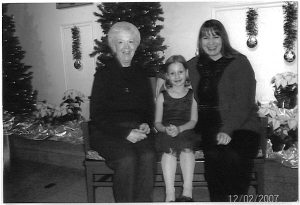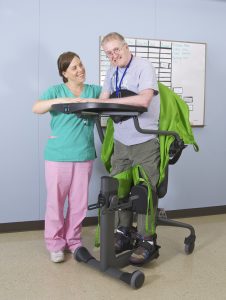Recent news and updates
A Mom for all Seasons
I have been fortunate to have a number of mothers in my life – by birth, marriage, or adoption. Each of these women has helped to shape my perspectives and values in various ways during different seasons of life. As Mother’s Day approaches, reflecting on the role that mothers play in our lives is a worthy exercise. So, here is my tribute to my mothers.
My first mother is the one who gave me life. I like to think of this as the Spring of my life. Mom Phyllis raised me until the age of 9 years. She tended to the scrapes and cuts, helped to mold my personality, hand-made my clothes, and made life an adventure, all whilst being the wife of a busy doctor who was studying to be a pediatric surgeon. Thank you, Mom, for treasuring my childhood.
When my parents got divorced, a second mother entered the Summer of my life. Mom Kay took three confused and fragile children under her wings as a young step-mother in her early 20’s. She nurtured us as if we were her own. She helped me navigate the difficult teenage years and transition into young adulthood, listening to countless stories of puppy love, crushed hearts, and future dreams. Mom brought faith and light into a home that had been shattered by divorce. She has given me an example of a loving and faithful wife to my father for 45 years. Thank you, Mom, for preserving my spirit and encouraging my faith in God.
In college, I attended a little Baptist church where they had a program in which families could “adopt” a college student. Through a round-about way, I was adopted by Marvin and Patsy Bell. Grandma Bell, as my children later called her, saw me through my first 17-year marriage, a painful divorce, and was a second mother to many other young women like me. She has been a faithful friend and mentor for more than 38 years. Ma Bell stood in the place of the mothers who couldn’t be with me during some of the coldest and darkest Winters of life. She attended countless school programs for my kids and never forgets a birthday to this day. Thank you, Ma, for giving me the example of the kind of Grandmother I want to be.
Lastly, when I remarried to my current husband, Jim, I gained a wonderful mother-in-law. Gracie is true to her name. She has a loving and nonjudgmental spirit. She always thinks the best of people and is kind and gentle. In the Fall of my life, she embraced me as a daughter and is always ready to help in times of need. Thank you, Mom Mauk, for showing me what unconditional love looks like.
All of us have mothers in our lives that we need to thank. So, this Mother’s Day, purpose to give a special blessing to those women who have so influenced your life. Without them, our days would be less rich and the journey much lonelier. Celebrate those who have traversed the seasons of life with you!



